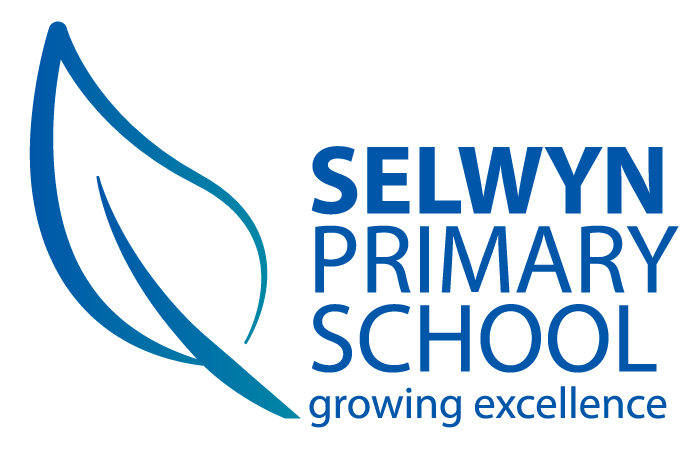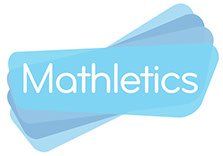Mathematics
Aims
We have designed our curriculum to ensure that it meets the expectations of the national curriculum and enables our children to develop mathematical reasoning and understanding. Mathematics is a creative and highly inter-connected discipline that has been developed over centuries, providing the solution to some of history’s most intriguing problems. It is essential to everyday life, critical to science, technology and engineering, and necessary for financial literacy and most forms of employment. A high-quality mathematics education therefore provides a foundation for understanding the world, the ability to reason mathematically, an appreciation of the beauty and power of mathematics, and a sense of enjoyment and curiosity about the subject.
By the end of each key stage, pupils are expected to know, apply and understand the matters, skills and processes specified in the relevant programme of study. We want all pupils to:
- become fluent in the fundamentals of mathematics, including through varied and frequent practice with increasingly complex problems over time, so that pupils develop conceptual understanding and the ability to recall and apply knowledge rapidly and accurately.
- reason mathematically by following a line of enquiry, conjecturing relationships and generalisations, and developing an argument, justification or proof using mathematical language
- can solve problems by applying their mathematics to a variety of routine and non- routine problems with increasing sophistication, including breaking down problems into a series of simpler steps and persevering in seeking solutions.
Pupils need to be able to move fluently between representations of mathematical ideas making rich connections to develop fluency, mathematical reasoning and competence in solving increasingly sophisticated problems. They should also apply their mathematical knowledge to science and other subjects.
The national curriculum for mathematics reflects the importance of spoken language in pupils’ development across the whole curriculum – cognitively, socially and linguistically. The quality and variety of language that pupils hear and speak are key factors in developing their mathematical vocabulary and presenting a mathematical justification, argument or proof. They must be assisted in making their thinking clear to themselves as well as others and teachers should ensure that pupils build secure foundations by using discussion to probe and remedy their misconceptions.
| Term | Year 1 | Year 2 | Year 3 | Year 4 | Year 5 | Year 6 |
|---|---|---|---|---|---|---|
| Autumn | Develop fluency of whole numbers, know place value, properties of shapes and describe and compare quantities | Solve one step addition and subtraction problems involving number bonds and partitioning | Use efficient written and mental methods for the four operations | Develop efficient methods to calculate accurately including decimals | Use four operations confidently to solve fractions, decimals and percentages problems and analysis 2D and 3D shapes accurately | Be fluent with all four operations, including long multiplication and division, and in fractions, decimals and percentages using correct mathematical language |
| Spring | Use knowledge of addition and subtraction to solve single step problems involving time, measure, weight and shape | Recall multiplication and division facts and apply when solving word problems. | Use number facts and concepts of place value to calculate accurately | Estimate, compare and calculate different measures including money in pounds and pence | Use a range of efficient methods to solve written and mental calculations including geometry and measurement | Develop connections between multiplication and division with fractions, decimals, percentages and ratio and classify shapes with increasing complex geometric properties |
| Summer | Solve one step word problems including missing quantities in number sentences and explain reasoning | Apply knowledge of all four operations to solve a range of mathematical problems | Use efficient methods to solve problems and explain why a particular operation is most appropriate | Solve a range of problems including fractions, time, measure and money | Solve multi-step problems including whole numbers, decimals, percentages, fractions and measures | Reason mathematically, follow a line of enquiry and solve a range of routine and non-problems |
Useful Links

